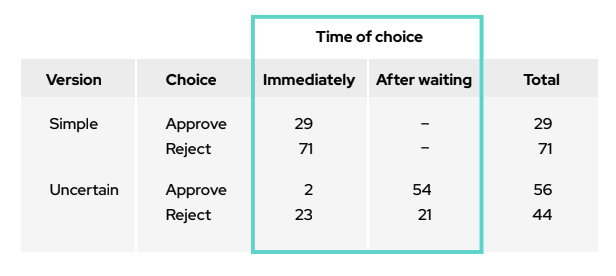In today's data-driven marketing landscape, the sheer volume of information available often leaves marketers feeling overwhelmed. According to a 2022 study by Adverity, 67% of Chief Marketing Officers (CMOs) admit to struggling with the maze of facts and figures at their disposal.
It’s not just the volume of data that feels overwhelming; it’s the sources it comes from. Marketers are now inundated with information from a mountain of various digital channels and tools, making it increasingly challenging to cut through and extract meaningful insights.
Furthermore, the challenge for many senior marketers lies not only in data volume, but also in integrating these many sources to achieve a unified view of their customers. This leads to inconsistencies and frustrations, making it almost impossible for marketers to map out customer journeys and demonstrate true campaign effectiveness.
So, how can modern marketers crack the code and stop drowning in complex data?
Avoiding the pursuit and misuse of useless information
A landmark study conducted by Anthony Bastardi and Eldar Shafir, titled "On the Pursuit and Misuse of Useless Information," provides valuable insights into how individuals respond when faced with information ambiguity.
Participants were presented with scenarios involving mortgage applications, with one group receiving clear information about a debt amount and another group faced with uncertainty regarding the debt's size. The study revealed a fascinating cognitive bias: participants tended to overvalue elusive information, often losing sight of the broader context in their decision-making process.
The findings
In Bastardi and Shafir's study, one group was provided with precise details about a student's $5,000 debt, while the other group was presented with ambiguous information, unsure if the debt was $5,000 or $25,000. 
Despite the lack of clarity, most participants in the second group chose to delay their decision, opting to wait for more information. However, when the experimenters later revealed that the debt was indeed $5,000, both groups ended up with exactly the same information.
These findings demonstrate our tendency to overvalue elusive information, which can have significant implications for marketers drowning in data.
This experiment illustrates the human tendency to overvalue information when it's elusive, a phenomenon that has significant implications for marketers drowning in information. Instead of becoming bogged down in the intricacies of data and focusing on trivial, uncertain details, marketers must prioritise insights that align with overarching business goals.
How to cut through the clutter
- Avoid unnecessary decision delay: Marketers should resist temptation to delay decisions over minor details and data that isn’t relevant to strategic goals.
- Stop obsessing over metrics: While it’s understandable for marketers to fixate on digital metrics, they shouldn’t overshadow the ultimate goal-commercial results.
- Balance the way data is presented: While presentation is important, marketers must strike a balance. Overemphasis on granular digital metrics can dilute the impact of campaigns in the eyes of senior stakeholders and may undermine performance - and credibility.
- Never lose sight of the bigger picture: Marketers should refocus on their core objective - meeting customer needs. Excessive time spent on irrelevant data detracts from fulfilling the primary purpose of delivering value to customers.
Keen to learn more?
View more key psychological principles in action in our guide: ‘4 Big Challenges for Brands in 2024 and How to Solve them Using Psychology’.





.png)
